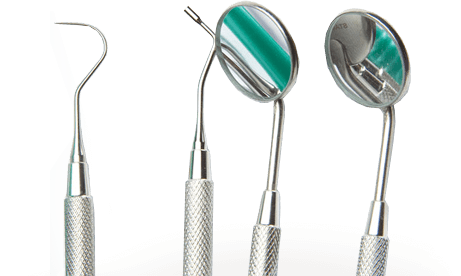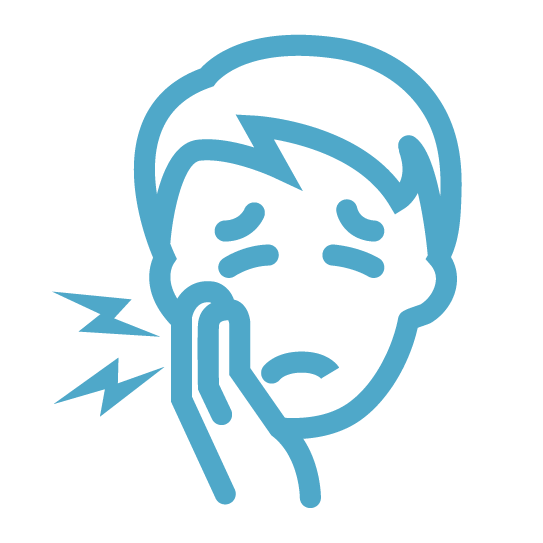Emergency Dental Services
Call NOW with your dental emergency for immediate instructions until you can visit us! 843-762-1234
At James & Johns Island Dental Associates, we understand that dental emergencies can happen at any time and often when you least expect them. Our dedicated team on James Island and Johns Island, South Carolina, is here to provide the urgent care you need. Both locations keep space available in their schedules to accommodate emergency cases.
What to Do in a Dental Emergency
While you wait to see us, here are some steps you can take to manage a dental emergency:
- Stay Calm: Keeping a clear head can help you assess the situation better.
- Control Bleeding: Use a clean cloth or gauze to apply pressure to any bleeding areas for about 10–15 minutes.
- Rinse Your Mouth: Use warm salt water to rinse your mouth, which can help alleviate discomfort.
- Cold Compress: If there’s swelling, apply a cold compress to the outside of your cheek to reduce inflammation.
- Avoid Painkillers: Unless advised by a professional, refrain from taking painkillers as they may complicate diagnosis and treatment.
After following these initial steps, please contact our office as soon as possible. Our team at James & Johns Island Dental Associates has years of trusted experience in handling emergencies and can provide prompt and effective care.
Frequently Asked Questions (FAQs)
Convenience
Convenience
We make it easy and convenient to schedule appointments and make payments online with our patient connect portal.
Advanced Technology
Advanced Technology
We have the latest dental technology to care for all of your dental needs in-house.
Comfort
Welcoming Atmosphere
We strive to create a stress-free experience curated by our friendly and welcoming staff.

Get Started
Get Started









